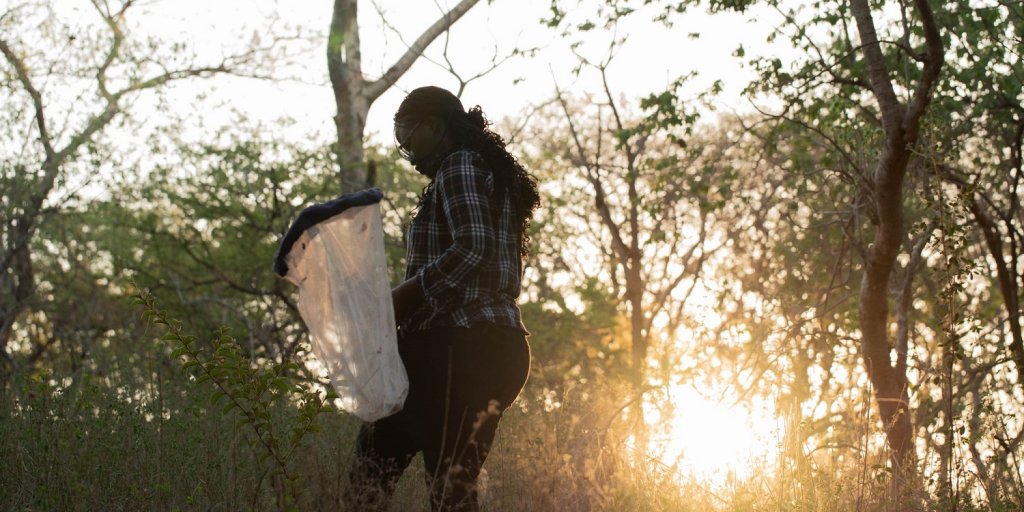
In November 2021, the ISC in partnership with the BBC Storyworks launched a multimedia multidisciplinary hub entitled Unlocking Science. The aim of the hub was to tell diverse stories from across a range of disciplines, demonstrating the transformative power of scientific innovation and progress. Each story showcased evidence-based actions towards the UN’s Sustainable Development Goals or demonstrated how lessons learned from the COVID-19 pandemic could be applied to other critical global challenges.
The ISC’s members played a critical role in developing the storylines for the series by identifying impactful, solutions-oriented science that allowed the BBC StoryWork’s team to create compelling content. The enthusiasm of the Australian Academy of Social Science was typical of those members who partnered with the BBC.
“We were immensely honoured to have been selected and delighted to share this important topic so widely.”
Sue White, Australian Academy of Social Science

The “clocks” COVID-19 set ticking, International Science Council

The scientists saving Malawi’s crops, Organization for Women Scientists in the Developing World, OWSD
Fifteen months after the launch, the hub has proved a success, and provided the ISC with important lessons for future projects that raise the profile of science amongst the wider publics.
Of course there is a sophisticated dashboard of statistics about the user experience which the ISC could choose from, so as always the challenge was to sift through these data to understand the overarching story. The emerging story is positive though. Across the dashboard, ‘Unlocking Science’ has outperformed the industry average for audience engagement and delivered some of the highest metrics BBC Storyworks has seen with any project. With 83 million impressions on BBC.com and over 12, 000 listens to the podcasts in the first 12 months, the audience exceeded all expectations.
What is particularly striking about the figures, both on the BBC.com and the mirror site on ISC, is the quality of engagement. ‘Unlocking Science’ has delivered the highest click through rate for general viewers to the BBC.com website of any Storyworks production and has consistently had viewers scroll further down the pages than similar productions. Similarly visitors to the hub from the ISC website lingered longer, viewing more than they typically do on other pages of the organization’s website. This suggests that for the science engaged audience (who typically follow ISC’s output) the format of the material is engaging and responds to a broader curiosity about science and technology.
Interestingly this is borne out by BBC surveys of its global audience which indicate science and technology is one of the fastest growing themes in terms of audience appetite.
The ISC has used the films to create pop-up cinemas at EuroScience Open Forum and the World Science Forum. The reaction was overwhelmingly positive with stories of high-profile audience members visibly moved, including UNESCO Assistant Director General for Natural Sciences, Shamila Nair-Bedouelle who was in attendance. The emotional engagement, might be attributed to the ‘solutions journalism’ editorial approach and the character-led editing which was agreed with BBC Storyworks. It meant that the producers set out to find compelling characters demonstrating knowledge and innovations that could be scaled to address relatable problems.
However, the ISC was aware that the BBC online audience, much like participants at global science conferences, reflect only a portion of the global population. As was pointed out after a screening at the Ethnograph film festival, these films will not appeal to the passively or actively sceptical audience as they do not allow space to rebut more hostile attitudes, indeed the films and dynamic articles reflect an unflinching optimism by the scientists featured. (Although a peer review mechanism for the programme guarded against any institutions hyping their research.)
In total the hub featured 24 stories and eight of these were from ISC members and affiliates. Beyond the increased visibility with a particular audience, the real impact has been the partnerships the material has leveraged. For the secretariat, the project has raised our profile with others investing in science communication and led to a series of webinars ‘Talk Back Better’ allowing partners to share their knowledge with the membership. Participating members also report institutional gains. For instance, the Organization of Women in Science and Development (OWSD) felt that the films found an audience with UNESCO and facilitated a closer relationship.
You might be interested in: